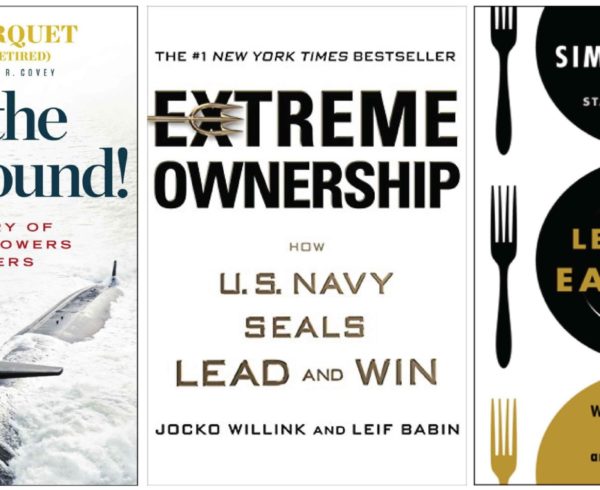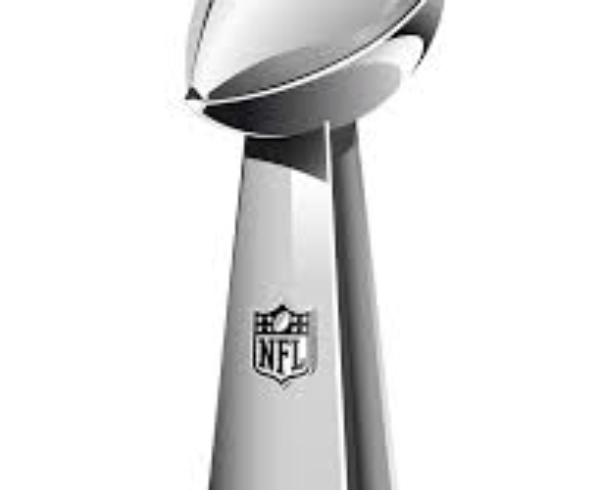Podcast: Play in new window | Download
Networking effectively never involves hard selling, asking a prospect if they need your services or if they have any prospects/leads for you. About two years ago I was in New York City; I had just given a presentation to a group of startup entrepreneurs. The group was great and there was tremendous energy. However, one attendee – I believe he was a guest – came up to me after the program. This is usually a fun time for me when attendees will ask for my card or perhaps ask for a tip or some help with a marketing challenge. This one attendee came up to me and pushed his card into my hand and said, “you should call me, I have great insurance programs for business people like you.”
This person had an opportunity to ask me questions and engage in a conversation. Quite the contrary happened, I said “Ok, thank you.” I then said my goodbyes to the event producer and some other people. I was walking down the hall and guess who followed me? He literally tried to sell me all the way down the hall, in the elevator and for three blocks in Manhattan. I finally escaped into a cab, even though my car was parked two blocks away. Needless to say, the guy’s business card never made it to the parking garage.
Does this guy look familiar?
More on him tomorrow.
Networking and relationship building are important elements of personal marketing. However, networking is not easy for many people. Many struggle to start conversations. If you don’t interact with people, why should you be networking? Ok so you are making the commitment to network, you have joined a group or you are “out” in the business community looking for business. What are some of the ways to get conversations started? Before you start, remember the example of the hard selling insurance guy. Networking is not selling; effective networking leads to business but only after relationships and trust are built.
Before you think about questions to ask and ways to approach people, take the time to examine and research the group or event you will be attending. Who will be there, why are they there, what is the purpose of the group, who are the leaders, how is the event or meeting structured and what is the culture? Some of these questions you may not be able to answer immediately but you should think about them before you go to the event.
If you have been invited to the event or group, have a conversation with the person who invited you. Find out what they have to say about the group and the members. If there is a list of members online, look them up. Remember that networking is work and if you don not do your homework ahead of time you will not be prepared and certainly have a harder time starting conversations. Here are some approaches that I personally endorse and use regularly to start conversations.
Arrive early. If you are late, you miss opportunities. It is easy to start a conversation with the first two or three people who arrive at an event. These people are also likely to be the group leaders. They can help you get more information about the group dynamic.
Start by staying positive; smile and say hello to people as they arrive. Stand up straight and be aware of your body language. This sets the stage for getting into conversations. Look people in the eye and face them directly. Don’t forget the handshake. Your handshake must be firm; at least equal in strength to the person you are meeting. A weak handshake will not set the tone for an effective conversation.
While listening is key to successful networking and relationship building, you have to get the interactions moving, especially when you are new. Questions are key. Think about your questions and work to have five to eight questions in mind. If you have done your homework some specific questions will help facilitate this process and if you recognize the person from research even better; you will know their industry. For example, if you know they are an attorney then you can craft your question appropriately.
Ask open ended questions that will allow you to ask follow ups and for the person you are asking to discuss something of interest to them. This may start with small talk but watch out for politics, controversial issues or religion. If you can sense or quickly find out what they are interested in, ask questions. When you have built a rapport, this is when you can start asking questions that are more relevant to business:
- Are you working on anything interesting?
- What challenges are your clients having these days?
- In your opinion, how can you specifically help clients overcome their challenges?
- What are some of the trends that are impacting your business or industry?
- We are halfway through the year, are you reaching your goals?
- How is this group helping you achieve your goals?
- Why do clients choose you over your competition?
These are some ideas and you can get more personal as the conversation progresses. Many people ask the questions – Who are good prospects for you or who is your ideal client? These are good questions, but make sure you are ready to ask them. Once you ask, make sure to listen carefully and ask follow up questions to help clarify their answer. The answer to this question is very important because it may be the way to open the door for you to make introductions for your new contact. Always be thinking about giving before you expect anything in return.
You are asking questions and getting answers. Make sure that you listen carefully. Relationship building requires much more listening than talking at first. Take note of important information you receive from people you speak with. Formulate a follow up process and be prepared to answer questions yourself.
By Bill Corbett













2 comments